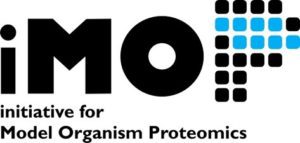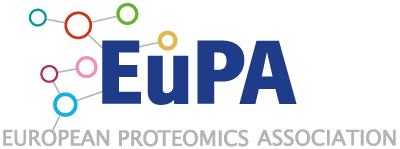 Vision. In the current post-genomic era, it is crucial to rethink the concept of model organisms. While few historically well-established organisms, such as laboratory rodents, have led to significant scientific breakthroughs, there is now a pressing need for broader inclusion. Embracing a multitude of new model organisms, such as holobiont systems, is essential to capture the intricacies of biological principles across the breadth of biodiversity. By fostering collaboration between biology and omics communities, we can collectively adopt new models, unraveling their molecular functioning, and uncovering fundamental mechanisms. This concerted effort will undoubtedly enhance human health, environmental quality, and biodiversity conservation.
Vision. In the current post-genomic era, it is crucial to rethink the concept of model organisms. While few historically well-established organisms, such as laboratory rodents, have led to significant scientific breakthroughs, there is now a pressing need for broader inclusion. Embracing a multitude of new model organisms, such as holobiont systems, is essential to capture the intricacies of biological principles across the breadth of biodiversity. By fostering collaboration between biology and omics communities, we can collectively adopt new models, unraveling their molecular functioning, and uncovering fundamental mechanisms. This concerted effort will undoubtedly enhance human health, environmental quality, and biodiversity conservation.
iMOP publications:
Bertile F, Matallana-Surget S, Tholey A, Cristobal S, Armengaud J (2023). Diversifying the concept of model organisms in the age of –omics. Commun Biol, 6(1): 1062.
Tholey A, Taylor NL, Heazlewood JL, Bendixen E (2017). We are not alone: The iMOP initiative and its roles in a Biology and Disease driven Human Proteome Project. J Proteome Res, 16: 4273-4280.
Heazlewood JL, Schrimpf SP, Becher D, Riedel K, Tholey A, Bendixen E (2015). Multi-organism proteomes (iMOP): advancing our understanding of human biology. Proteomics, 15: 2885-2894.
iMOP Chairs and co-chairs:
Fabrice Bertile, CNRS, University of Strasbourg, France
Sabine Matallana-Surget, University of Stirling, UK
Susana Cristobal, Linköping University, Sweden
Andreas Tholey, Kiel University, Germany
Jean Armengaud, Paris-Saclay University, CEA, France
Tristan Cardon, Inserm, University of Lille, France
Initiative membership
Researchers interested in our work are welcome to join us at every time. Please contact fbertile@unistra.fr

